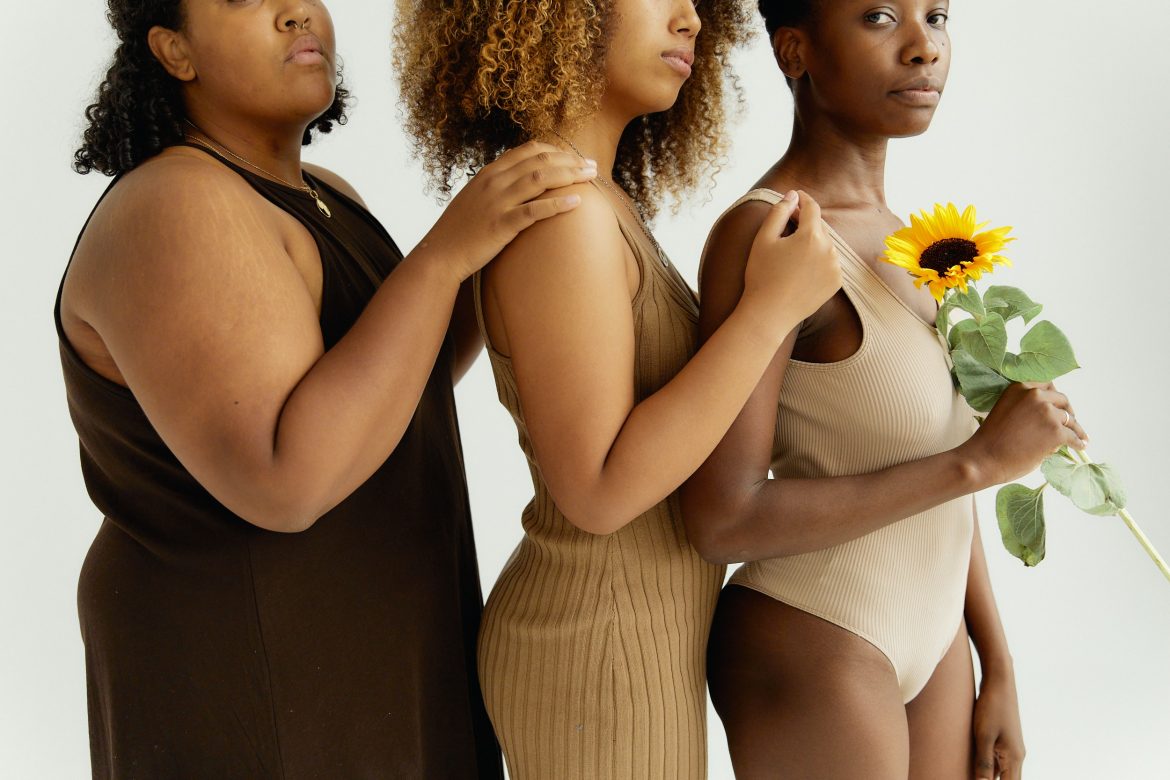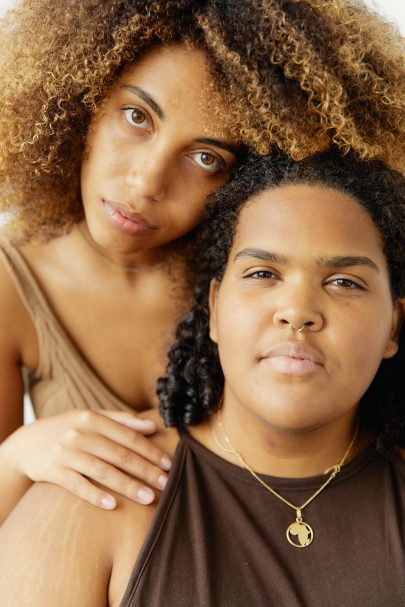Google Trends data has revealed that South Africans have shown a keener interest in veganism over the past 12 months than the rest of the world. Additionally, an interest in vegan beauty spiked in the earlier part of 2022. ‘The beauty industry needs to stay up-to-date with the latest trends taking shape within this growing market in order to anticipate and respond to the opportunities presented both now and in the future,’ says Toni Carroll. Toni is the founder and CEO of luxury nutricosmetic brand My Beauty Luv. Paying attention to the rising vegan beauty trends, My Beauty Luv have recently added a vegan supplement to their range.
Toni Carrol unpacks the top three vegan beauty trends that have informed My Beauty Luv’s newest additions.
Cruelty-free convenience
The global market for vegan cosmetics is booming. According to a 2021 market report the global market for vegan cosmetics is expected to reach $21.4 billion by 2027. What’s more, online sales of vegan beauty products exceeded $342 million in 2020 and shot up by 83% from the previous year!
Toni Carrol sees that there is a clear need both for quality vegan products and convenient ways of acquiring them. Globally, enterprising business owners have taken note of the rising vegan beauty trends too. Kylie Jenner has opted to relaunch her Kylie Cosmetics range with clean, vegan formulas. Beauty brands like Urban Decay are expanding this clean beauty and vegan offerings.
But stay wary of the labelling! We’ve decoded the often confusing cosmetics labels for you here. Now you can feel confident in your better shopping choices.
ALSO SEE: ECO-FRIENDLY BEAUTY JARGON – WHAT DOES IT ALL MEAN?
Functional fungi
The majority of vegan-friendly products on the market are comprised of two basics ingredients: pea protein and a series of other powdered plant proteins. Medicinal mushrooms have been used for thousands of years, but are only now being increasingly added to the mix. Their rise into being one of the top vegan beauty trends is due to their many health and beauty benefits. Like improved skin hydration, reduced wrinkle depth, and increased healthy fibroblast cell activity.
Along with being scientifically proven in extensive studies, this also fits into the growing demand for more natural health remedies. More and more, consumers are turning to medicinal plant materials. Analysing this change, a recent forecast on the global functional mushroom industry reports an expected market size of $13.6 billion by 2027.
Creating, and keeping, collagen
The African collagen market is said to experience a 6% growth by 2025, with South Africa holding the bulk of the market share. Unfortunately, despite various local and global manufacturers claiming to have developed vegan collagen, this is misleading. By definition, collagen is an animal product. What does this mean for the incorporation of the collagen trend into vegan beauty trends?
While collagen products are unavailable, there are many ways that vegans can stimulate their body’s own production of this anti-ageing and beauty boosting protein. Vegan wanting to stimulate collagen production are opting for ingestible beauty products that are. These are packed with essential and non-essential amino acids, as well as antioxidants to safeguard existing collagen levels.

Toni Carroll, founder and CEO of My Beauty Luv who have just added a vegan supplement to their collection.
Toni concludes by saying,
Veganism is far from a passing fad, the more businesses that meet the demand, the faster and bigger the market will grow and the better the planet will be for it.
ALSO SEE FOOD THAT HELP WITH COLLAGEN SYNTHESIS
OR:


